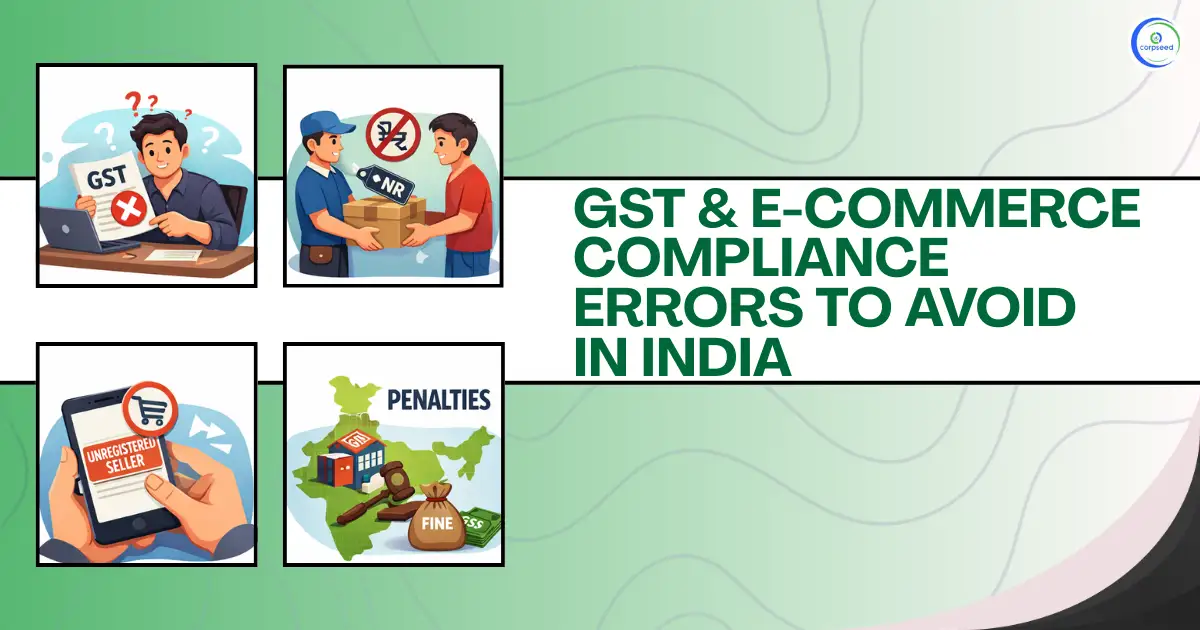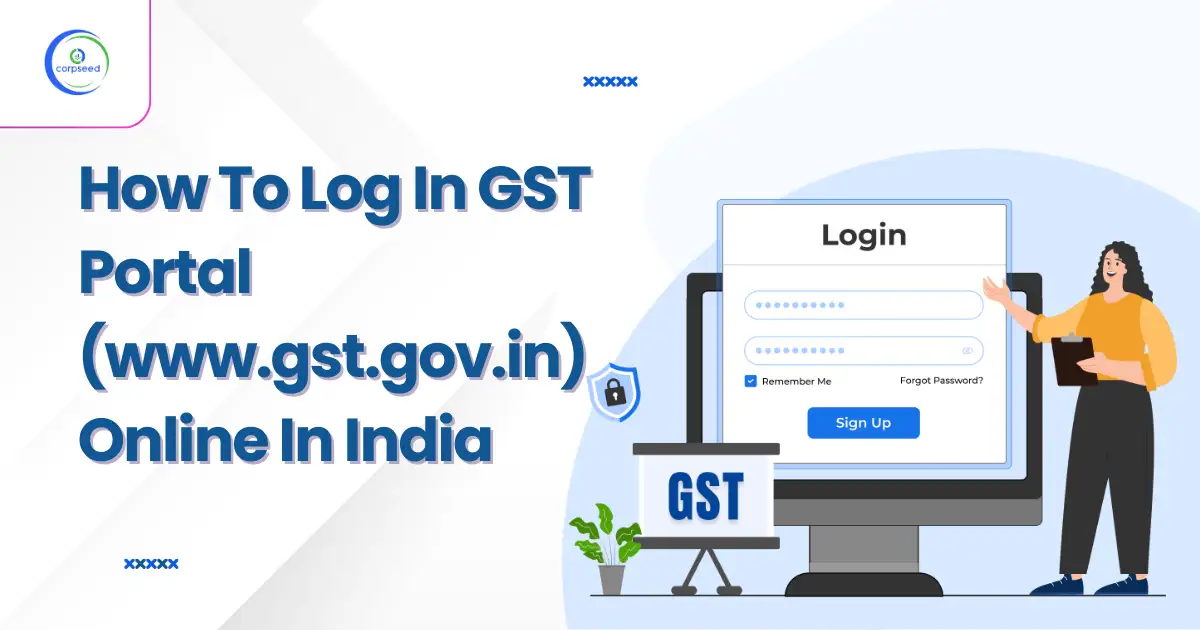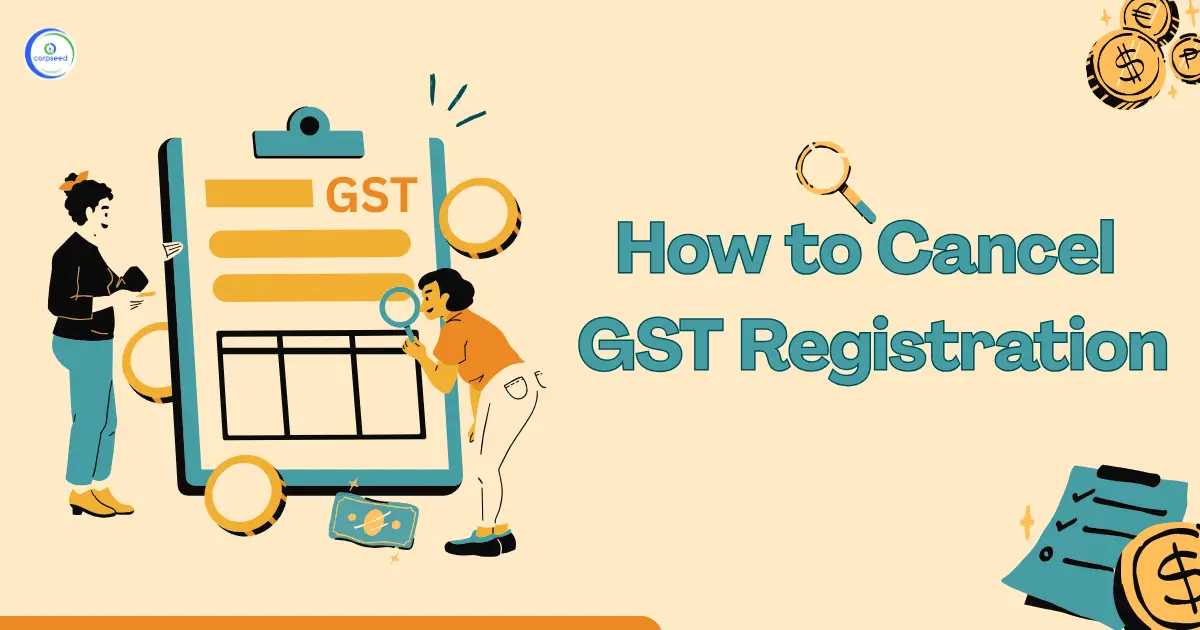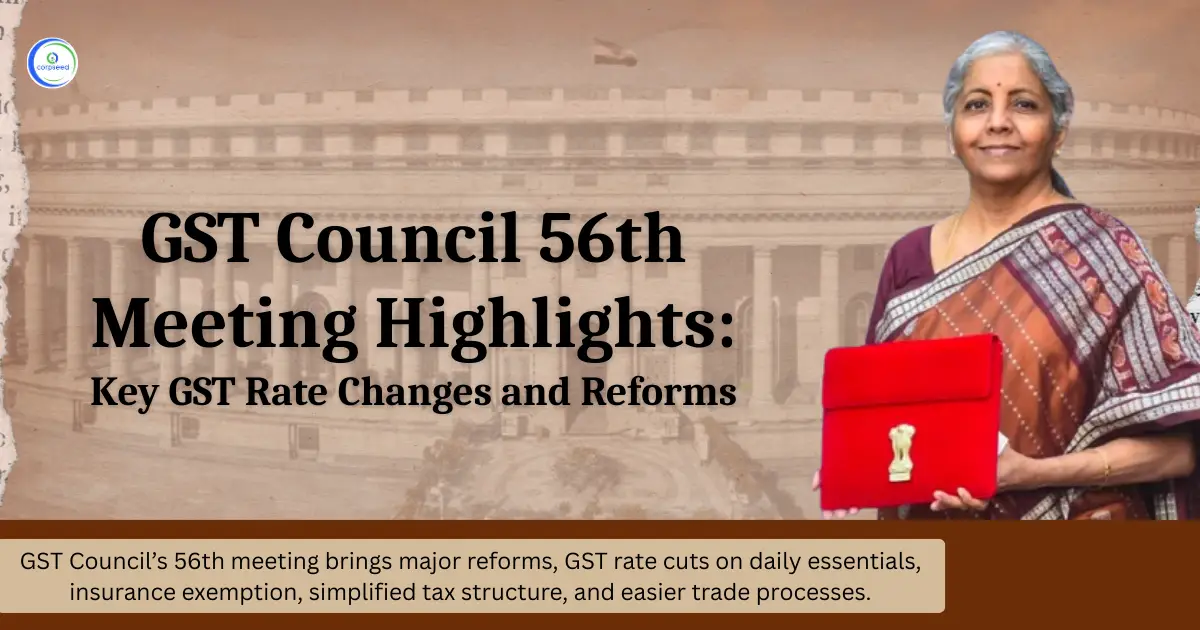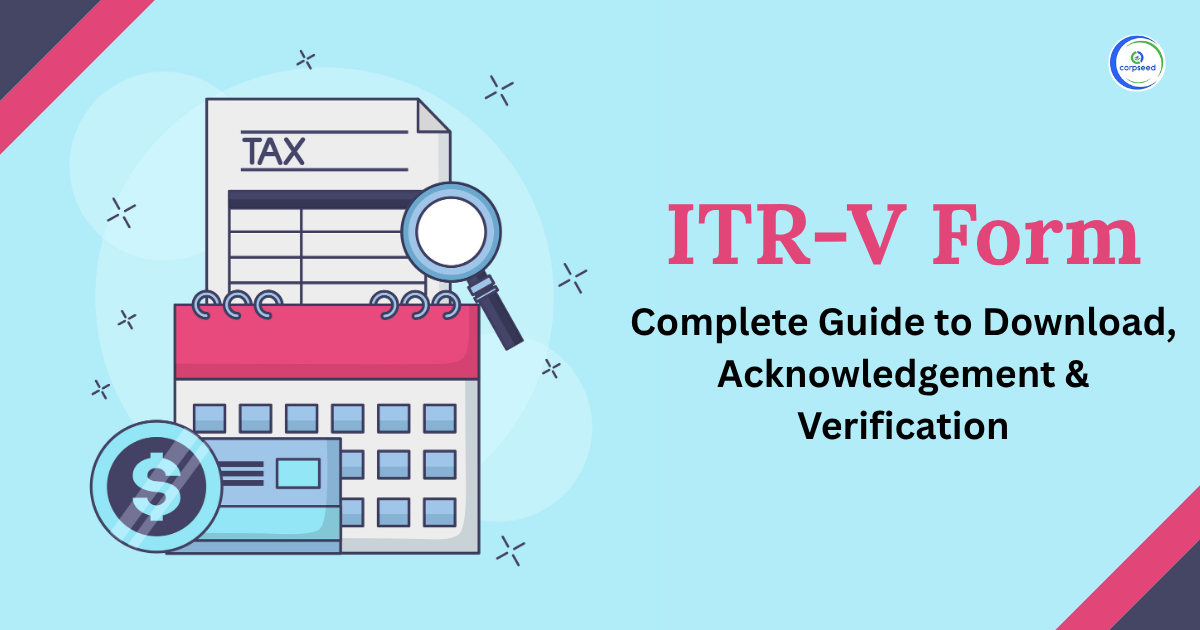Doctrine of Frustration under Section 56:- Overview
Frustration refers to being defeated in a generic sense, and it is a term that is frequently used in agreements and contracts between parties. The phrase frustration is used to describe unsuccessful transactions that were unable to be completed for whatever reason. The theory of frustration has evolved as one of the most prominent concerns that has arisen to deal with failed contracts in contract law.
Table of Contents
--------------Blog Contact Form-------------
Doctrine of Frustration
In general, contracting parties want to fulfill their obligations, and in the event of a breach, the party who violated the contract is obligated to compensate the other party. However, Section 56 of the Indian Contract Act of 1872 makes an exemption to this requirement. The doctrine of frustration, defined as acts that cannot be completed, is discussed in Section 56. A promisor is relieved of any liability under a contract under this doctrine if the contract is breached, and the contract is ruled void.
Section 56 is founded on the adage "less nonprofit ad impossible," which states that the law will not force a man to do something he is unable to do.
The Supreme Court explained the doctrine of frustration in the case of Satyabrata Ghose v. Mugneeram, in which Justice Mukherjee stated that the basic idea on which the doctrine of frustration is based is that of the impossibility of contract performance and that the terms frustration and impossibility can be used interchangeably.
However, the philosophy of frustration is only valid in two situations.
- If the contract's object has become difficult to fulfill,
- Beyond the control of the promisor, an event has transpired that makes contract performance impossible.
Example
A, an Indian citizen, signed a contract with B, a Chinese citizen, for the shipment of 550 heavy trucks. Initially, 100 trucks were sent; however, India and China declared war, and the Indian government halted all business dealings with China. This contract is now null and invalid.
A and B make a marriage contract. A dies before the period set for marriage, and as a result, the contract between A and B becomes void because one of the contracting parties has died.
The condition that must be met in order for Section 56 to apply
A legitimate and ongoing contract exists between the parties:
The existence of a valid contract is the most important need for applying Section 56. A legal contract is one that is entered into between competent parties and is followed by some form of consideration.
There must be some aspect of the contract that has not yet been fulfilled:
Section 56 will only apply if there is a part of the contract that has yet to be completed and without it, the contract's ultimate purpose will be unfulfilled.
The contract becomes impossible to perform after it is signed:
Another key criterion for the applicability of section 56 is that the contract has become impossible to perform and cannot be performed after it has been entered into, and so the contract is void.
In general, contract frustration can occur in the following situations:
A party's death or incapacity: In the event that a contracting party dies after entering into the contract or becomes incapable of completing the deal, the contract shall be void (Robinson v Davison)
Frustration as a result of legislation: When legislation enacted after the contract is signed renders it impossible to carry out the agreement's terms, the contract becomes void (Rozan Mian v Tahera Begum).
Frustration as a result of a shift in circumstances: This condition refers to situations in which there was no physical inability of performing the contract, but the principal objective for which the contract was entered was defeated due to a change in circumstances.
Impossibility in the Start vs. Later
Impossibility at first:- The goal of every contract is for the parties to fulfill their individual obligations, and if the contract is impossible to fulfill, the parties will never enter into it. The term "initial impossibility" refers to situations in which the contract was impossible to fulfill from the start. For example, if a married man promises to marry again despite the fact that he is unable to do so, he is obligated to compensate the other party.
Following impossibility: It addresses situations where the contract was possible to perform when it was entered but has now become impossible or unlawful due to some occurrence, and so the party is released from performing it. For example, suppose A buys tickets from B to watch a cricket match and pays half the price in advance. If the match is canceled, A will be unable to recoup from B because the termination was beyond A's control. The doctrine of frustration is only relevant in circumstances of subsequent impossibility and when the contract was impossible to perform from the start. It is also not applicable in cases where there was only a minor delay in performance and the contract may still be completed.
Conclusion
The doctrine of frustration, which is established in Section 56 of the Indian Contract Act 1872, deals with situations in which a contract's performance has been frustrated and has become impossible to perform due to any unavoidable reason or condition. This theory is viewed as an exception to the general rule that stipulates compensation in the event of a contract breach. However, section 56 only applies to circumstances of eventual impossibility, not initial difficulty.
This portion of the site is for informational purposes only. The content is not legal advice. The statements and opinions are the expression of author, not corpseed, and have not been evaluated by corpseed for accuracy, completeness, or changes in the law.
BOOK A FREE CONSULTATION
Get help from an experienced legal adviser. Schedule your consultation at a time that works for you and it's absolutely FREE.


